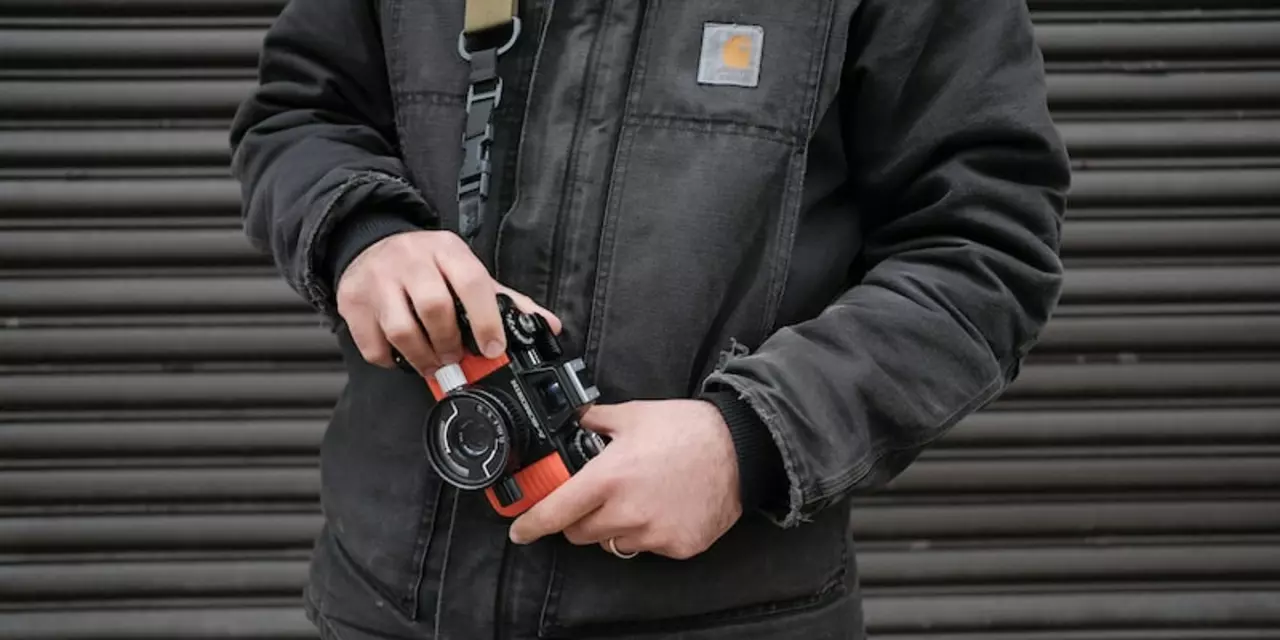Production: Simple Approaches, Real Results
Production isn’t just a buzzword tossed around in business meetings or classrooms. It affects what you wear, what you eat, and even how your day runs. Whether you're curious about how your clothes are made or just want to make smarter buying choices, understanding production gets you closer to the real story behind everyday items.
Ever turned a clothing tag and wondered what “ethically made” or “sustainably produced” actually means? It’s more than just marketing. Ethical and sustainable production is about fair wages, safe workplaces, and thinking twice before cutting corners. For example, a shirt stitched in a factory where workers are paid and treated well changes everything. When you see brands talking about organic cotton or recycled fabrics, they're pointing to better production choices that make a real difference for people and the planet.
If you run a small business or even just dream of launching one, production quickly becomes personal. Are you sourcing local or shipping from halfway around the world? A bakery using local flour keeps money in the community and often gets fresher product. On a bigger scale, choosing mass-produced over small batch means different costs, risks, and rewards. There’s no one-size-fits-all answer, but knowing your options matters.
Production is also the not-so-glamorous side of fashion. Fast fashion floods the market with cheap styles, but at what cost? Workers might face unsafe conditions just to push out billions of pieces a year. On the flip side, slow fashion brands test new ways to slow it all down—fewer items, better materials, longer lifespans. If you’ve ever struggled to pick between a $10 tee and a $40 one, that choice has a production story behind it.
Want to spot ethical production? Start simple: research the brand, check for genuine certifications (think Fairtrade or GOTS for cotton), and ask questions. If a company is transparent, they’ll show off their process. You’ll notice real differences—better fabric feel, cleaner stitching, even less plastic in the packaging.
Of course, production isn’t just in fashion. It’s your morning coffee, your everyday gadgets, the food in the fridge. Supply chains touch it all, and small changes add up. Opt for locally-made products when possible, connect with makers at farmers' markets or craft fairs, and you'll see production with fresh eyes.
At the end of the day, production is about choices—your choices. The more you know, the more power you have to support businesses that care about people, the environment, and quality. So next time you shop, pause and think: Who made this, and how did it get here? The answer might surprise you—and could change the way you shop for good.
Is Carhartt clothing ethically produced?
Posted by Anna Fenton on Feb, 13 2023

Carhartt is a popular clothing brand known for its workwear and outdoor apparel. The company is dedicated to ethical production and has adopted a code of conduct to ensure that its products are made in a safe and fair environment. The company is committed to providing safe and fair working conditions, employing workers at fair wages, and using eco-friendly production processes. Additionally, the company is dedicated to improving the lives of those who make their products, by supporting educational programs and providing healthcare benefits to its workers. As such, Carhartt is a brand that is committed to ethical production and providing a better future for its workers.
